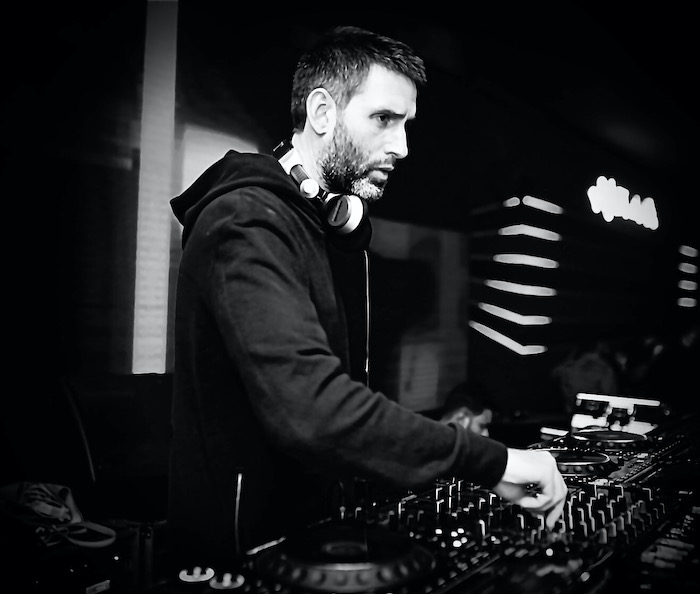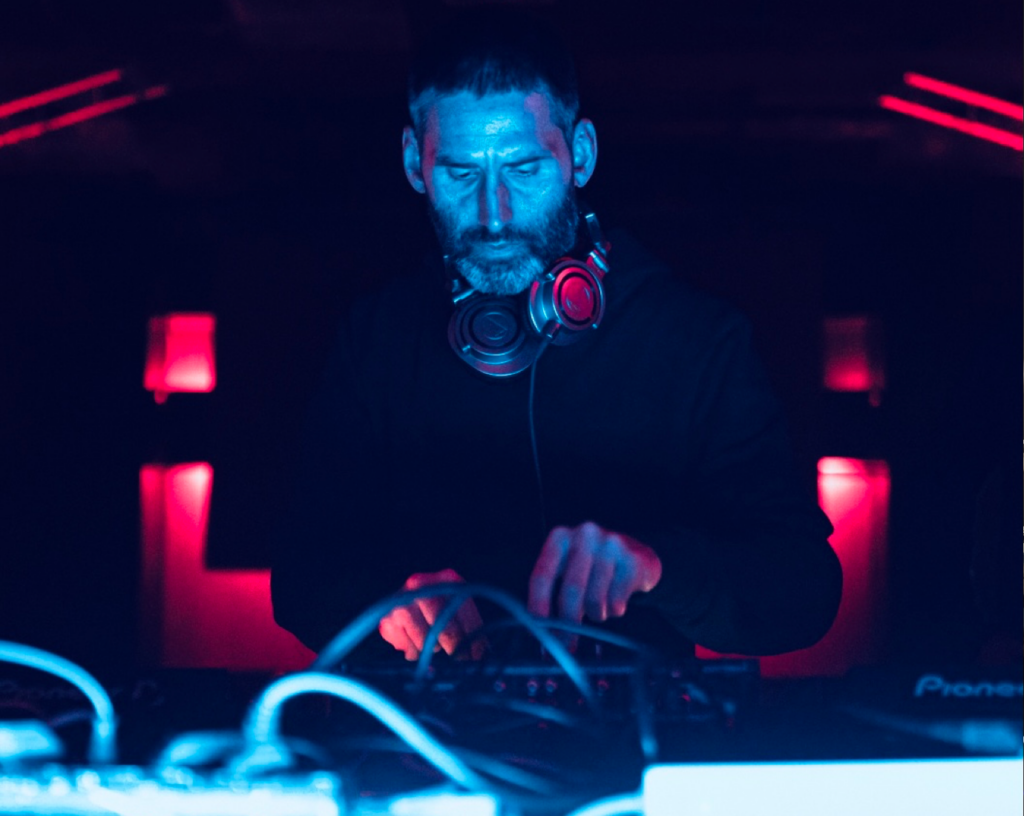Digging into the creative process, Byta speaks with artists, musicians, producers, DJs and anyone involved with music creation. A conversation about how they create, collaborate and share music. From studio setups to routines, and the first person to hear about the next 'big' work.
Where are you based?
I’m based in Athens, Greece.
How, when and where did you start making music? Are you primarily a musician or a producer, or do something else?
I’ve made music for as long as I can remember – I started playing instruments at an early age and would often try to emulate my musical heroes (or so I’m told). It wasn’t until I was in University that I decided I wanted to be a professional. Luckily, I got my first big break(s) not long after! These days, I’d describe myself as more of a producer (or a composer) than a musician, as I rarely have the time to sit down and enjoy playing.
Who would you consider some of your biggest influences when it comes to your “sound”?
I’ve stolen, copied, been influenced by and paid tribute to more artists than I care to mention. I feel it’s generally part of the trade, especially as a large part of the modern (electronic) artist’s job description is also being an enthusiast, collector and performer of other people’s music (commonly referred to as a DJ). Of course, not every artist or track’s influence carries the same amount of impact so it’s generally my more formative references that have shaped my sound. Artists like Photek, Boards of Canada, Aphex Twin, Squarepusher, Radio Slave, Basic Channel etc.
Explain your creative process? Do you have a routine?
The older and more mature I get, the more I’ve been able to “work smart” and refine my creative process. That’s not to say that I’m not prone to the odd studio marathon if divine inspiration strikes! The kind of music I write is generally more focused on sound design and development of repetitive, functional rhythmic patterns, so my starting point is usually a 16-32 bar loop of anywhere between 4-12 channels of instruments and sounds doing their thing. Once I feel comfortable jamming on this loop and envisaging some sort of narrative for (the core) instruments I can move on to the arrangement.
To answer your question, there’s no telling how much time these stages take – sometimes it can drag on for weeks and sometimes things will click a bit faster. My routine is pretty standard – I work on material every single day for a minimum of 2-3 hours and always have a multitude of projects on the burners that I can switch to, to keep things fresh and fun.
What is your setup?

What is your process when working with other people? How is collaboration different in the studio vs working remotely?
Apart from the odd vocal contribution here and there, I try to steer clear of collaborations with other producers nowadays. I guess you could say that I’m too stuck in my ways and I find remote working to be very stressful. Another inescapable and inconvenient truth is that while it is widely acknowledged that 2 heads are better than 1, achieving synergy between artists isn’t always as certain.
To my mind, you should always strive for a result that is greater than the sum of its parts but I’ve repeatedly found that (for various reasons) this is often not the case.
At what point(s) are you comfortable letting other people hear what you are working on?
For the sake of a succinct answer, I’ll define “other people” as NOT trusted colleagues or collaborators (mix and master engineers, label A&R etc). In which case, I’d say after the mixing / mastering is complete and as close as possible to the release date.
Do you share your work in progress (streams or downloads)? Any technical frustrations?
Never, unless I’m actively seeking advice or someone’s professional opinion. I just don’t see the point, otherwise.
How do you know when a track/album is finished?
It’s hard to tell and there’s definitely a clear distinction between the two. For me, tracks are generally finished after you’ve played them to death, taken a break from them, come back and tweaked them, tried them out, taken a small break and then deemed them fit to mix/master. The album is an exponentially more complicated situation, as there are all sorts of balances and nuances you have to consider between the tracks themselves.
How do you listen to the final mixes/mastered work?
All the engineers I work with live abroad so I get sent masters. Over the years, I’ve developed my own weird amalgamation of reference monitoring – my studio, a certain pair of headphones, car speakers, a club setup etc. It’s a little unconventional but it’s worked so far!
How important is pre-release security when sharing new work?
I’ve been lucky enough to have very few “leaks” in my career – although there was a crucial point when the industry was weaning itself off vinyl in the mid 2000s and mp3 piracy was a real threat. It’s interesting to see how much of a paradigm shift streaming technology has encouraged – artists and labels have now embraced behaviours and practices that were once unthinkable, in terms of access. Having said that, it’s always nice to be able to have some sort of strategy in place, in terms of building anticipation and marketing your project in a proper and orderly fashion. So, pre-release security is fundamental to ensure your strategy can be implemented.
Who on your team gets to hear the final versions first and why, what formats do they each need?
Apart from the people I work with at a record label and agents I work with in certain territories, I don’t really have what you’d call a “team”. The only people that really need to hear anything are the labels, as far as I’m concerned. If they’re going to partner with me, own part of the rights and invest their efforts to bring it to market, they’re the ones that need to hear it first and decide whether or not it’s for them.
Outside of your inner circle who are the people that will need to hear the new tracks next?
Once a partnership is established with a label, the groups that need to listen to the music are the DJs, radio and press – people who provide feedback, support and coverage.
Anything you are working on, anyone you are working with and want to share?
I’ve got a slew of releases planned for the next 6 months – a few EPs on some great underground techno labels as well as a followup album to “All Else Fails”.
– Keep up to date with all Stelios Vassiloudis news on the socials buttons below or on his website here.

